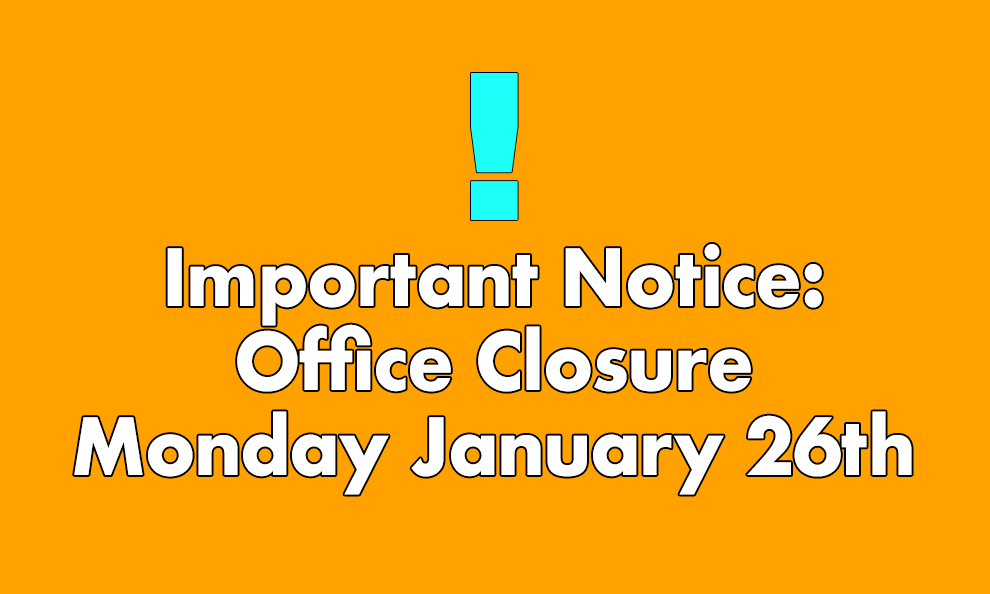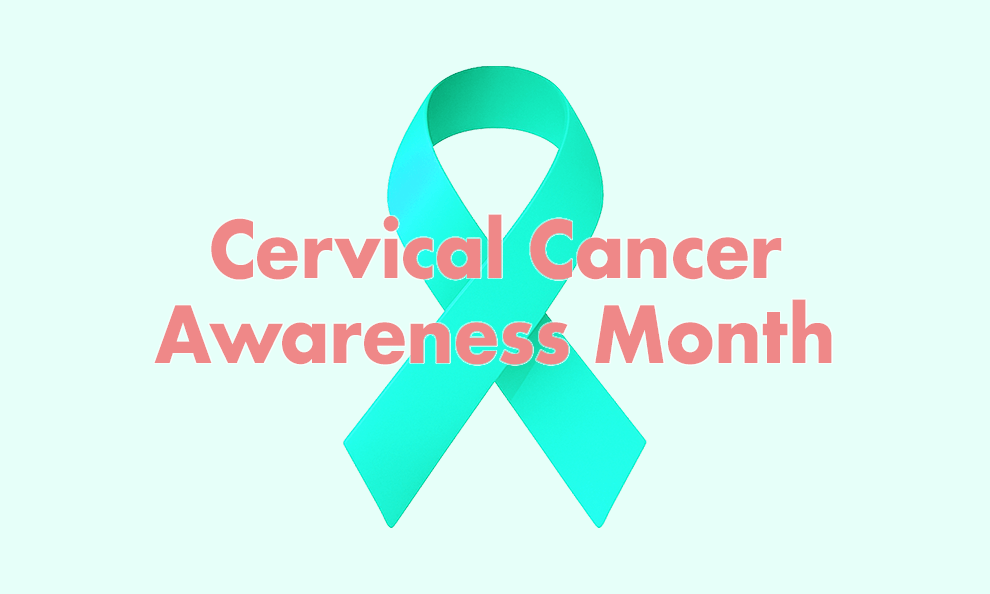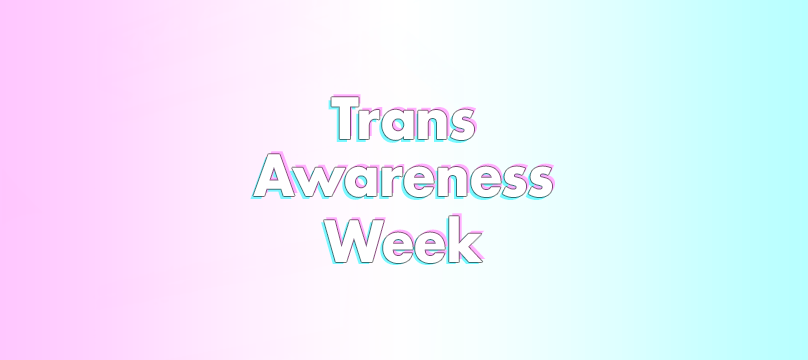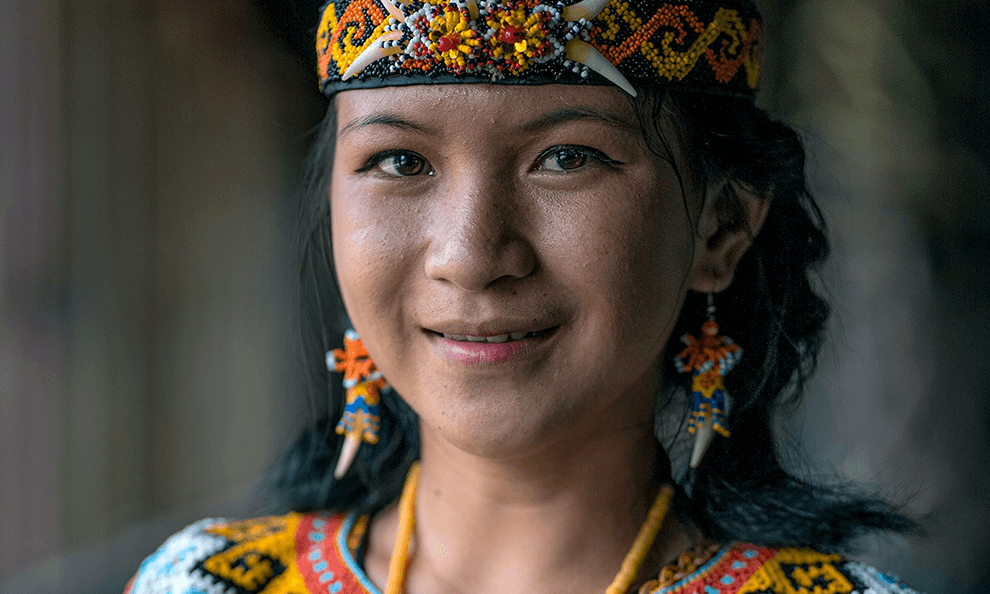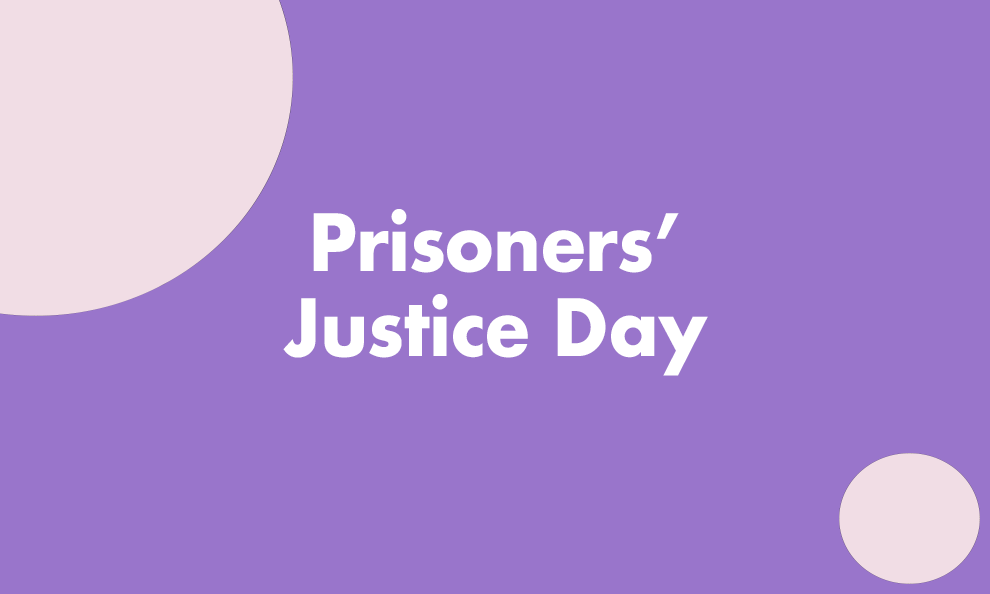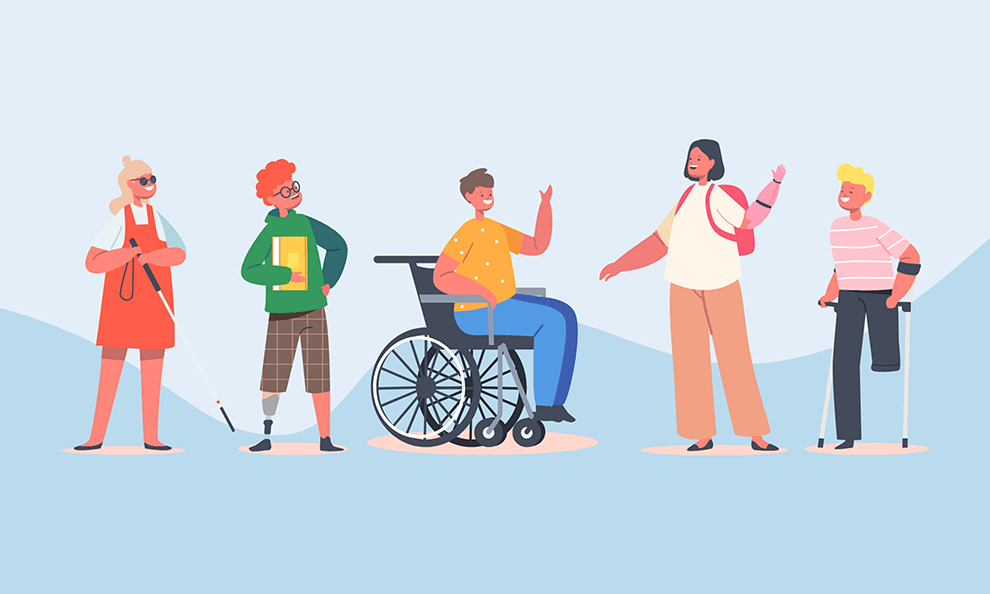Main image source: Photo by Jack Lucas Smith on Unsplash
Every year in June, the 2SLGBTQ+ community and its allies come together to celebrate Pride Month, a time of love, visibility, and acceptance. Pride events take place around the world, showcasing the vibrant diversity and resilience of the 2SLGBTQ+ community. While these celebrations have achieved remarkable progress, it is crucial to acknowledge the ongoing challenges faced by the community. In this blog post, we will explore how Pride is celebrated across the globe and shed light on the obstacles that continue to shape the fight for 2SLGBTQ+ rights.
São Paulo Pride Parade, Brazil:
Known as the largest Pride celebration on the planet, São Paulo's parade attracts millions of attendees each year. The celebration started in June of 1997. This vibrant event incorporates music, dance, and art, celebrating the unique blend of culture, tradition and language that is Brazilian identity. Unfortunately, there are many challenges faced by 2SLGBTQ+ individuals in a country where homophobia and transphobia persist due to conservative attitudes, politicians, and religious extremism.
Bengaluru Pride, India:
Bengaluru Pride, also known as Namma Pride, is held in the city of Bengaluru, India. It brings together the 2SLGBTQ+ community and its allies, with colourful parades, cultural performances, and thought-provoking discussions. India has made significant strides in 2SLGBTQ+ rights, particularly with the decriminalization of homosexuality in 2018, but challenges such as social stigma and lack of legal protections persist.
Amsterdam Canal Parade, Netherlands:
The Dutch capital embraces Pride Month with the world-famous Canal Parade. A fleet of lavishly decorated boats sails through Amsterdam's iconic canals, demonstrating solidarity and inclusivity. The event symbolizes the Netherlands' pioneering role in advancing 2SLGBTQ+ rights.
Sydney Gay and Lesbian Mardi Gras, Australia:
Australia's most famous 2SLGBTQ+ event, the Sydney Mardi Gras, attracts visitors from around the globe. The celebration combines glittering parades, spectacular costumes, and vibrant performances, highlighting the resilience and pride of the local 2SLGBTQ+ community.
Tokyo Rainbow Pride, Japan:
Tokyo Rainbow Pride is Japan's largest 2SLGBTQ+ event, attracting a growing number of participants each year. The celebration includes a vibrant parade through the streets of Shibuya, showcasing a blend of traditional Japanese culture and modern 2SLGBTQ+ activism. It serves as a platform to raise awareness about 2SLGBTQ+ rights in a country where societal attitudes are slowly evolving. Other nations in Asia like Taiwan have modified existing laws to allow same-sex couples the right to adopt, in addition to legalizing same-sex marriage between Taiwanese citizens and foreign partners as recently as this year (source: https://www.washingtonpost.com/world/2022/11/05/taiwan-gay-rights-pride-china/)
Cape Town Pride, South Africa:
Cape Town Pride is an important event on the African continent, known for its inclusive and lively celebrations. South Africa has some of the most progressive 2SLGBTQ+ laws on the continent, and this event serves as a platform for activism, awareness, and community building. It also brings attention to the challenges faced by 2SLGBTQ+ individuals in other African countries where rights are far more limited. Despite challenges faced by many African countries there have been promising developments in recent years, including the Botswana Court of Appeal’s decision to uphold a lower court’s decision to decriminalize same-sex interaction. As of now, all previously Portuguese colonies in Africa have decriminalized same-sex interactions with varying degrees of protections. It is important to distinguish decriminalization from marriage legalization and full-blown rights, however. (source: https://www.hrw.org/news/2022/06/22/progress-and-setbacks-lgbt-rights-africa-overview-last-year)
Mexico City Pride, Mexico:
Mexico City Pride, also known as Marcha del Orgullo LGBTTTIQ+ CDMX, attracts a massive crowd, making it one of the largest Pride events in Latin America. Participants march through the streets of the capital, demanding equality and celebrating diversity. The event also serves as a space to address the challenges faced by 2SLGBTQ+ individuals in Mexico, including acts of violence and discrimination. In May of this year however, the country began offering a nonbinary gender option on its passports. This was a landmark inclusion for nonbinary individuals made by the Mexican government. (source: https://www.gob.mx/sre/prensa/el-canciller-marcelo-ebrard-expide-los-primeros-pasaportes-con-genero-no-binario-en-mexico-y-en-el-exterior?idiom=es)
New York City Pride Parade, USA:
Considered by many to be the birthplace of the modern 2SLGBTQ+ rights movement, the Big Apple hosts one of the largest Pride marches in the world. Millions of people flood the streets of Manhattan, celebrating diversity and demanding equality. The event is a colourful extravaganza, with rainbow flags, performances, and speeches championing 2SLGBTQ+ rights. Although it is considered to be the birthplace of modern 2SLGBTQ+ rights, it is important to remember that marginalized communities face discrimination and violence in North America every day.
In many parts of the world, discriminatory laws still target 2SLGBTQ+ individuals. Homosexuality remains illegal in numerous countries, and individuals face severe penalties, including imprisonment or even death. In particular, the challenges faced by People of Colour are compounded by supremacist ideologies and prevailing systems of racism rooted in colonialism, law enforcement and religious extremism. Challenging and dismantling these oppressive frameworks remains an ongoing battle. Despite progress, 2SLGBTQ+ individuals often face discrimination, prejudice, and violence due to their sexual orientation, race and/or gender identity. Bullying, hate crimes, and societal exclusion are persistent challenges that impact mental health and the ability to enjoy the same quality of life as others. According to Statistics Canada, “Gay, lesbian, bisexual and other sexual minority people in Canada were almost three times more likely than heterosexual Canadians to report that they had been physically or sexually assaulted in the previous 12 months in 2018 and more than twice as likely to report having been violently victimized since the age of 15.” (source: https://www150.statcan.gc.ca/n1/daily-quotidien/200909/dq200909a-eng.htm) These statistics carry much more gravity when observed globally, as Canada is widely regarded as quite progressive when it comes to rights and protections for 2SLGBT+ individuals.
Healthcare disparities disproportionately affect the 2SLGBTQ+ community, with inadequate access to inclusive healthcare services and discrimination by healthcare providers. In a report published by McGill Journal of Law and Health, Stephanie Kay asserts “Transgender and non-binary people experience inequities when accessing all forms of health care in Canada. Many gender non-conforming folks report mistreatment, neglect, and abuse by health care professionals, which can prevent or dissuade them from seeking essential health care services in the future.” (source: https://mjlh.mcgill.ca/2023/01/27/legal-barriers-to-access-canadas-trans-health-care-crisis/) Part of what Moyo Health & Community Services seeks to address are these disparities for members of the community in Peel Region and the Greater Toronto Area. It is important to understand this deficit, because even with resources such as Moyo and Rainbow Salad, there are still many people without access to these kinds of resources around the world.
Pride celebrations worldwide are vibrant and joyous occasions that embody the spirit of love, acceptance, and equality. They serve as a reminder of the progress made in 2SLGBTQ+ rights. However, it is essential to acknowledge the persistent challenges faced by the community historically and in present day, including legal discrimination, social stigma, limited healthcare access, and the ongoing struggle for transgender rights. By understanding these challenges and continuing to advocate for change, we can work towards an inclusive and equitable future that embraces all people with dignity and respect.

